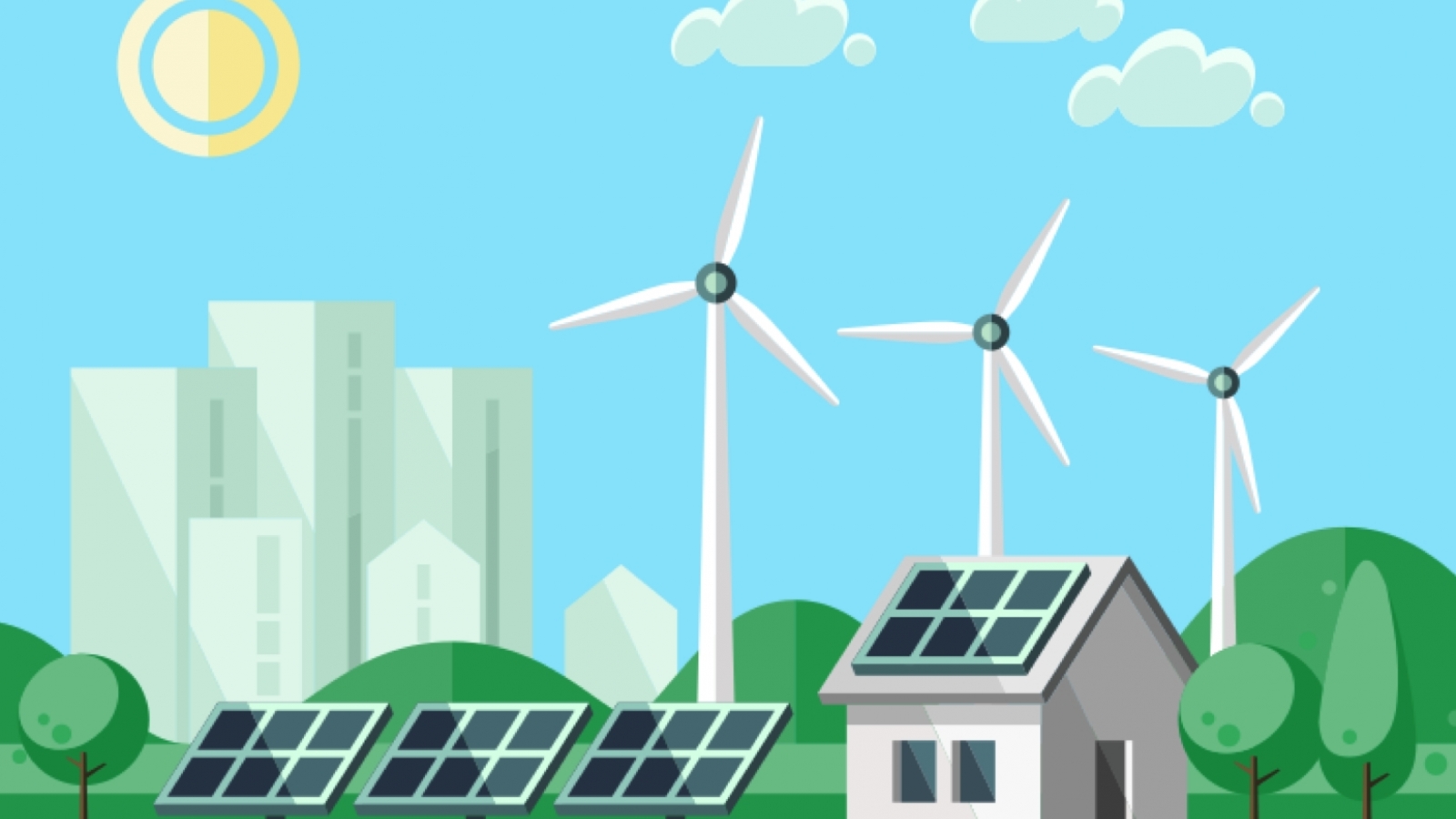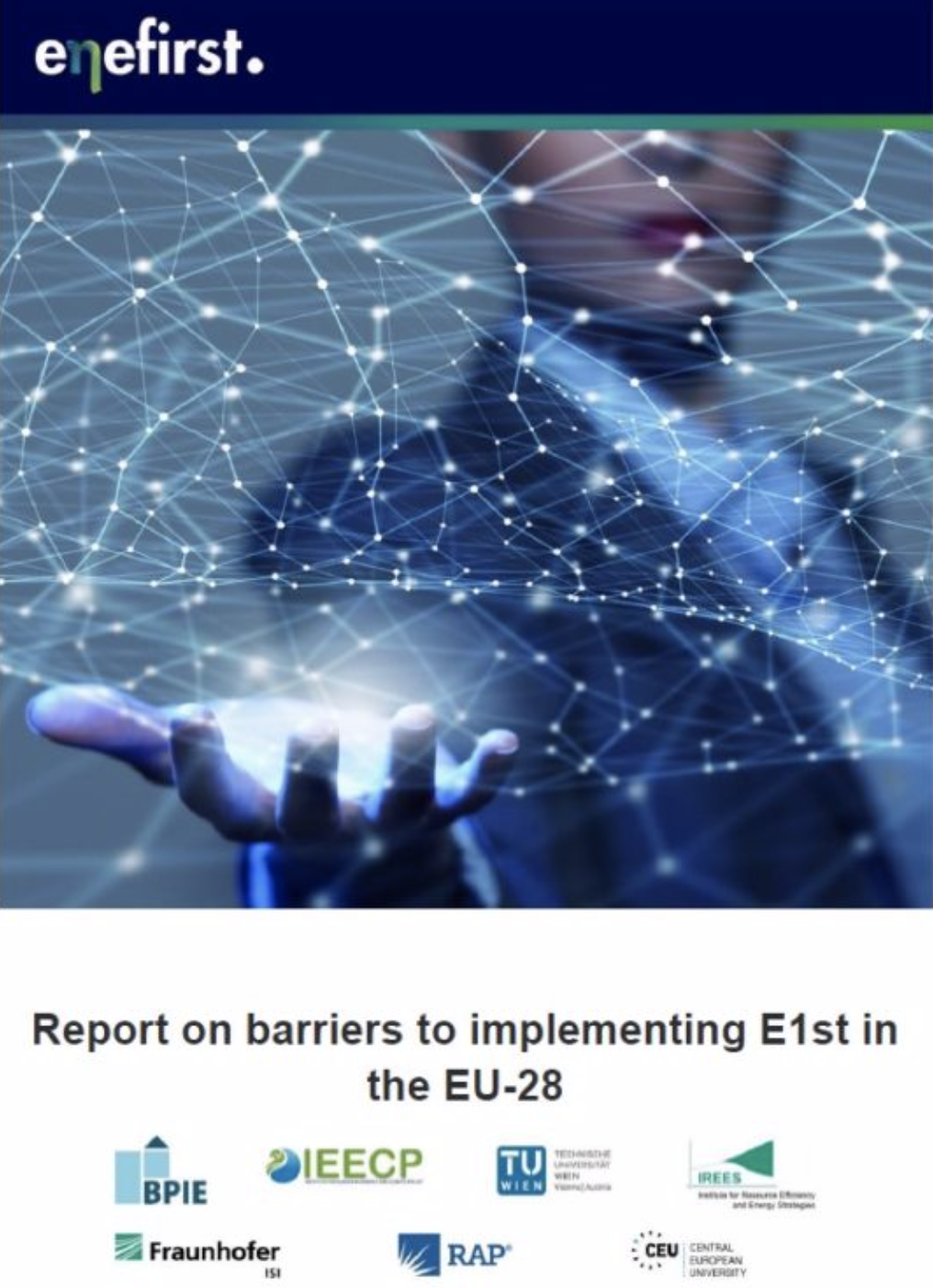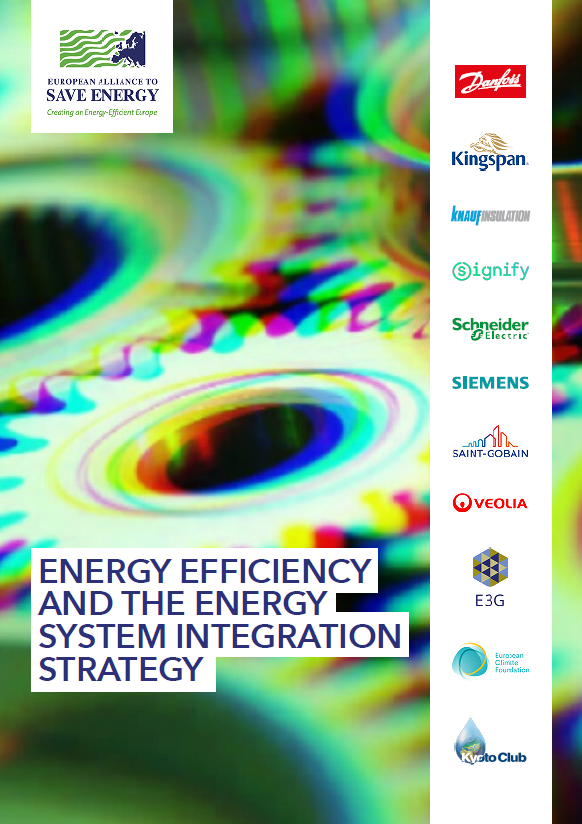A smart, energy efficient and fair Renovation Wave for a faster economic recovery

In an open letter sent to the European Commission Vice-President Frans Timmermans and Energy Commissioner Kadri Simson, the group of progressive businesses and NGOs which constitute the European Alliance to Save Energy (EU-ASE) called on the Commission to present an ambitious Renovation Wave initiative based on the energy efficiency first principle and funded by sufficient and dedicated resources.
In the broader energy system integration context, the letter states, the energy efficiency first principle must guide all building renovations’ decision-making processes. This implies the recognition of buildings as strategic and priority infrastructure for Europe.
With regards to resources, it is crucial to secure dedicated financial envelopes for building renovations within the National Recovery and Resilience Plans, InvestEU and the post 2020 Cohesion funds. Funds should be clearly earmarked and conditioned to increase the rate, depth and quality of integrated building renovations, the signatories write. The granting of financial support should follow the ratio “unit of energy saved (or CO2 saved) per invested Euro”, to ensure cost-effectiveness measurements of investments supported by EU funds.
Moreover, an ambitious Renovation Wave should focus on immediate, efficient heat decarbonisation. This is a great opportunity to accelerate the decarbonisation of heat in Europe’s buildings by combining energy efficiency, digitalisation and direct electrification with the deployment of smart, efficient, responsive electric heating and district level heating solutions. These can secure immediate carbon savings in buildings through existing and cost-effective solutions, enabling the use of waste heat and by the same token allow to prioritise limited green hydrogen capacity for deployment in harder-to-abate sectors, such as industry and freight.
From an environmental perspective, evidence shows that the Renovation Wave is a conditio sine qua non to reach the increased GHG emissions target for 2030 and climate-neutrality by 2050. Smarter and energy efficient buildings not only contribute directly to the reduction of energy demand and GHG emissions, but they are a prerequisite for a faster and deeper integration of renewables.
The synergy between energy efficiency first in the building stock and the acceleration of renewable energy penetration is the real game changer and essential driver of the inevitable transformation of our energy system.




